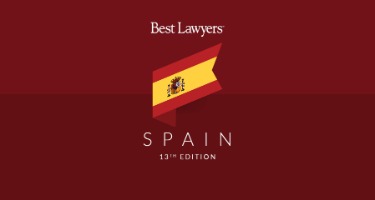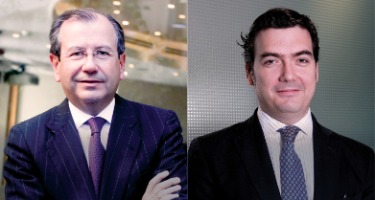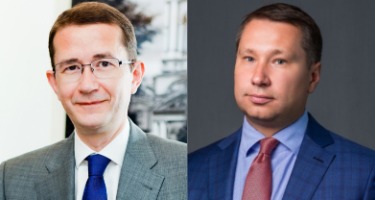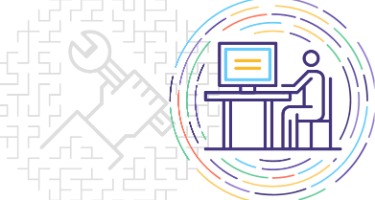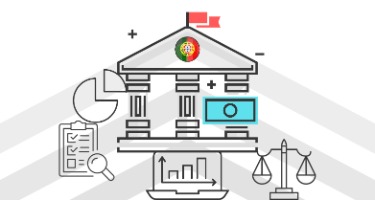Alejandro Touriño, the managing partner at ECIJA, believes the way forward in information technology law is to stay ahead of the complex technical developments taking over the field. In an interview with Best Lawyers CEO Phillip Greer, Touriño discusses the firm’s 2019 “Law Firm of the Year” award for Information Technology in Spain, and his secrets to staying ahead in a competitive field.
What achievements are you most proud of from the past year that led to being named law firm of the year for information technology?
ECIJA has been working in the Spanish market for nearly 20 years and we have grown with our clients—both old and new—in that time. I will say that in terms of achievement, working not only for niche companies or relevant media and technology corporations but in any sector for any type of company has been an energizer for us. We used to work for national and multinational companies across the IT spectrum, including some of the technology giants. However, in recent years, we have expanded the companies we are working with: pharmaceuticals, real estate companies, financial institutions, and even public authorities. It’s typical that the first piece of work that we do for any new client is related to information technology. Because of this, information technology is like the firm’s gateway for new clients. And that is something we feel very proud of.
Are there any significant changes that you see around the corner that are going to revolutionize or change the law in Spain regarding IT?
Absolutely. There are already new regulations coming into force in the next years. It seems that the e-privacy regulation will make a lot of work for us. There are also some new rules coming into force in the fintech industry, in addition to some of the existing ones like the PSD2 directive, which already represents a lot of work for us, or eIDas, which is a major opportunity in the IT industry. Every sector, as I said before, is changing so fast that makes the legal market a good place to be. There are also some public consultations in place in Spain where we are acting for some clients (i.e. law for startups). Also, the new copyright directive is probably a good source of work for the firm. There are some consultations too with regard to the impact of technology in the banking industry. I would say that there are a lot of new situations both legal and business that will represent big changes for us.
In what way is technology itself affecting the practice of information technology law?
I would say that we are not only working for technology companies but also implementing technology ourselves; sometimes to be more efficient by means of automatizing some work for clients, sometimes to be more accurate in the provision of the legal services. In terms of the GDPR, for instance, we have developed some software that permits us to gather all the information in a more structured way and also this software helps us to automatize certain situations and requirements from the GDPR. In particular, everything related to the privacy impact assessments is conducted through this tool and also all the production of documents, policies, and so on. Others are created automatically introducing several answers to questions that are asked by the software. This is something that we have built investing both money and time from different lawyers and consultants on the firm. However, it makes us very efficient when reaching new clients. In particular, last year, we accomplished more than 500 projects only in the Madrid office. And we couldn't make that if we didn't have this technology helping us to be more efficient and precise.
Information technology is like the firm’s gateway for new clients. And that is something we feel very proud of.
How does your firm stay agile against its competitors?
Well, we try to innovate the whole time. We are very proud not only for being recognized as the information technology "Law Firm of the Year” by several directories but also as one of the most innovative law firms in Europe. Innovating means for us looking very carefully at what clients are doing and how we can help them on it. We try to be very close to the innovation departments of our clients, learning from the startups and new business and, when possible, implementing those new trends that we see surrounding us. However, it is important to point out that innovation is not only an issue of implementing technology, but also changing behaviors, methodologies, etc. and, of course, becoming a real partner for clients, offering solutions to their challenges.
We don't mind making mistakes. We know that making mistakes is the only way to improve and to be ahead of our competitors. For instance, we have started two new practice areas this year. One was fintech and the other one was blockchain. We are not sure what is going to happen with blockchain in a few years, but we know that we need to be there. Otherwise, other competitors will be ahead of us. And our view is being the very top of the IT spectrum and try to improve getting achievements on this and maybe making some mistakes.


